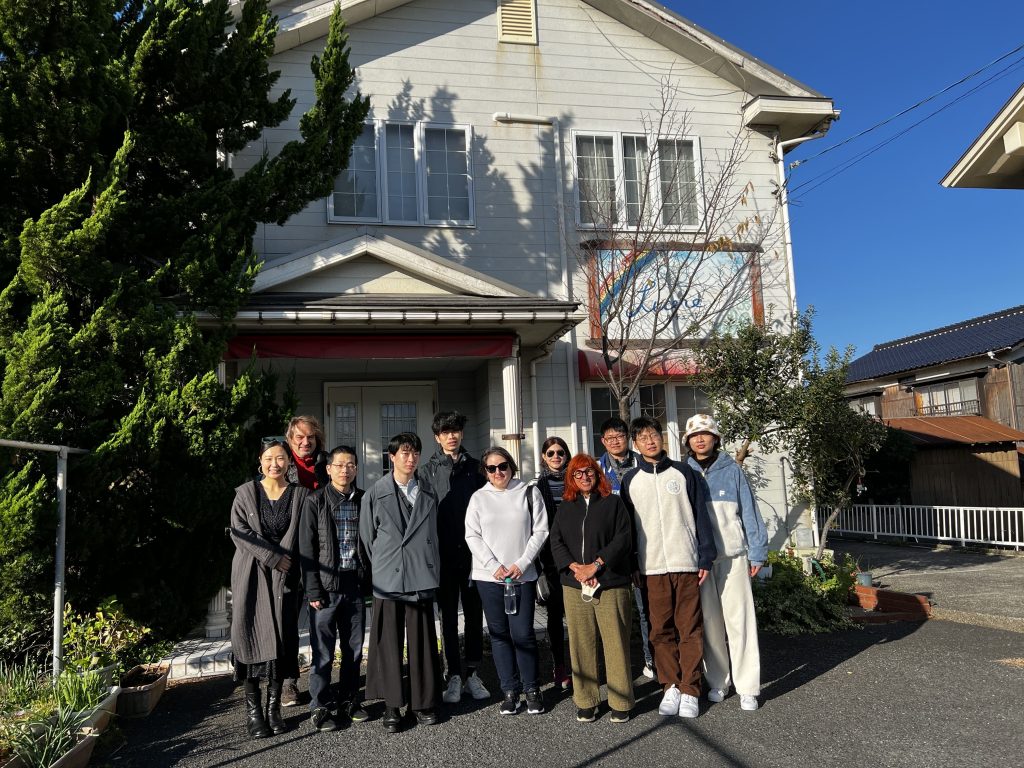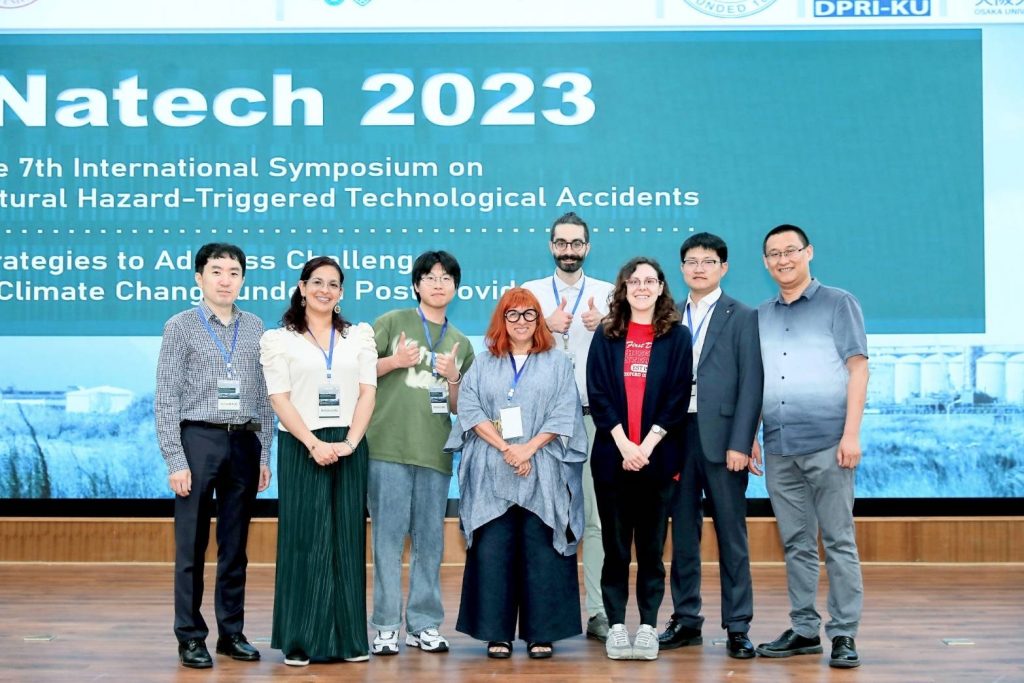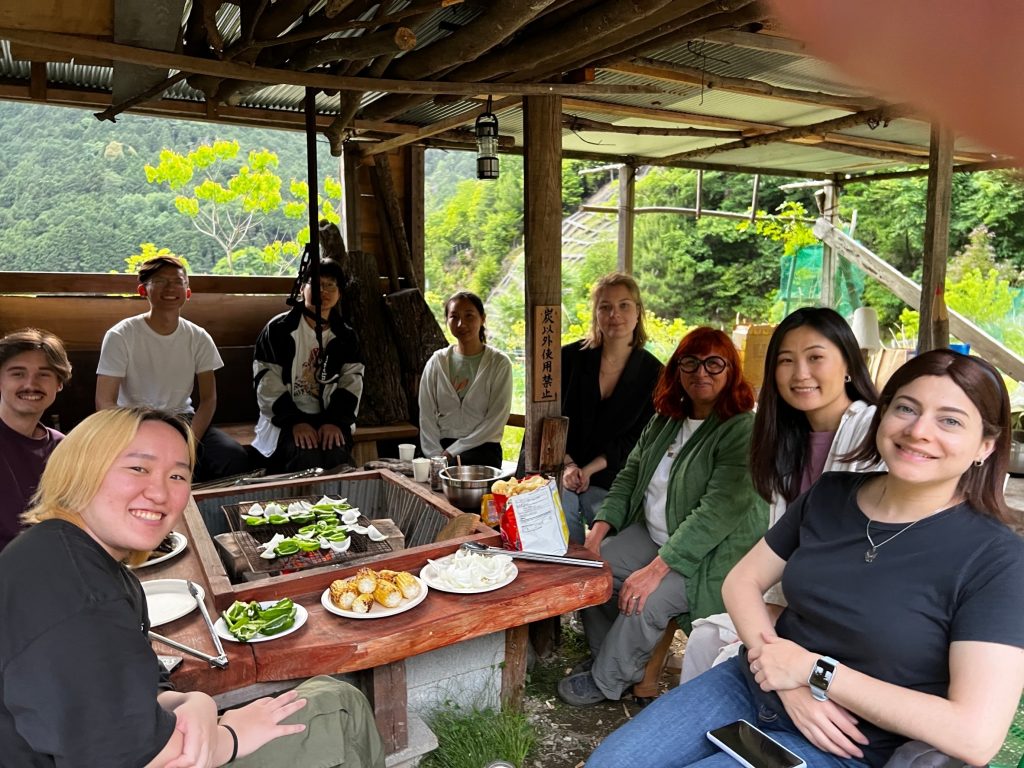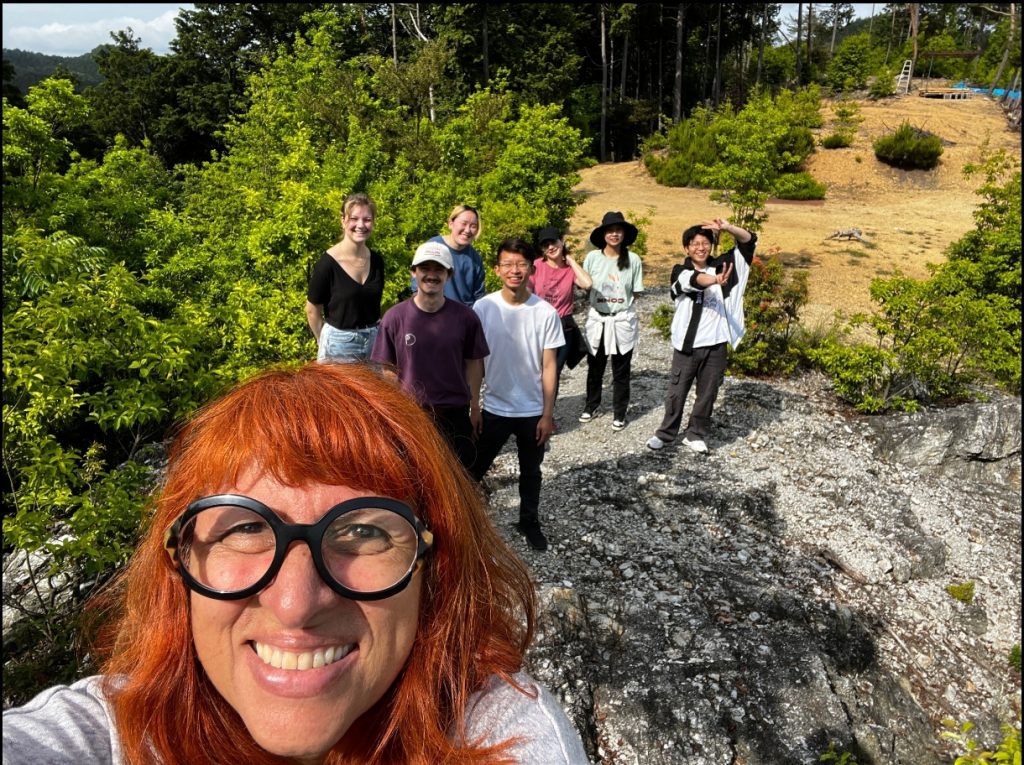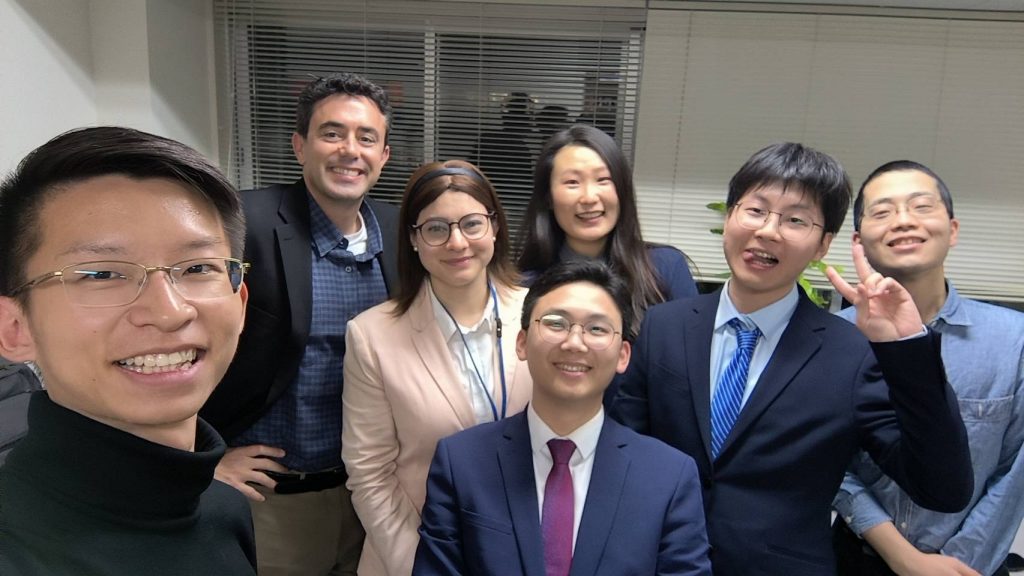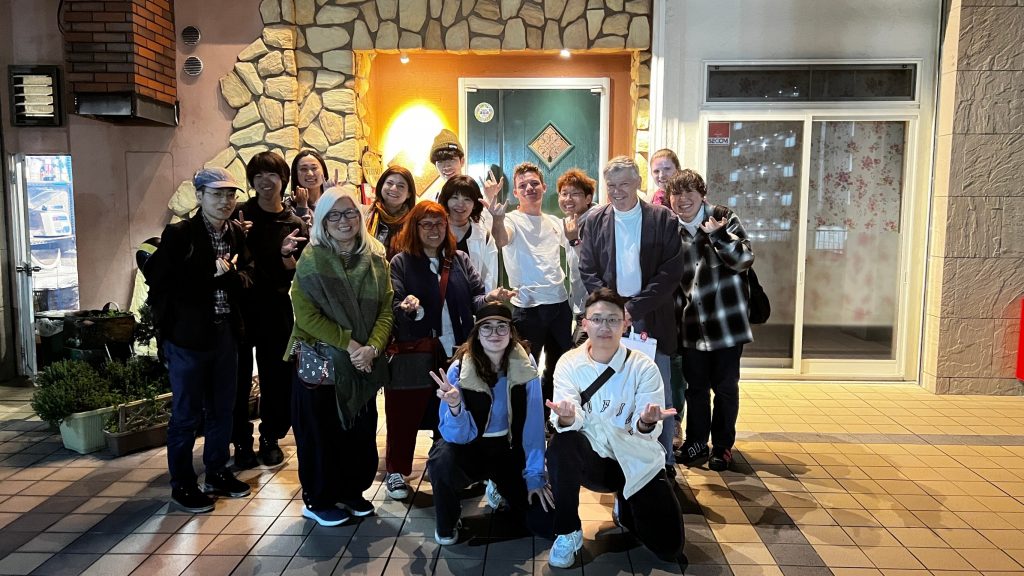Welcome from Prof. Ana Maria CRUZ
Today we live in a highly interconnected and interdependent world, where major events occurring in one end of our planet may be watched or even felt by others at the other corner of the globe. Never before had the world watched in awe the real time images of natural hazard events such as the Great East Japan earthquake triggered tsunami in 2011 as it caused devastation in Sendai, Japan, or the terrorist attacks on the World Trade Center towers in New York City in 2001. Global climate change, economic crises, and even political conflicts of one region can have repercussions that are felt around the world. The interconnectedness and interdependencies have demonstrated the need for trans-disciplinary efforts and risk governance to tackle growing environmental, social, economic and political challenges we face today.
The Comprehensive Risk Management Laboratory aims to promote strategic risk governance of techno-social systems in an effort to contribute to societal resilience to some of the complex disaster risks our planet is faced with. Particularly our efforts are centered around two main themes: a. Conjoint natural and technological (Natech) disaster risks including risks arising from major chemical accidents involving hazardous materials and environmental emergencies, and b. the macro-economic modeling of disaster losses.
We foster young professionals and research scientists who are critical thinkers, have excellent analytical skills, research discipline, and the capacity to work independently and as part of a group. Through the presentation of research advances and results at monthly seminars and by participating at domestic and international conferences, students develop good oral presentation and writing skills both in Japanese and in English. The research facilities at DPRI provide excellent research support, while the international character of the lab provide a multi-cultural environment promoting understanding and respect for others independent of race, faith or gender. Finally, through the many international projects and initiatives students are constantly exposed to global issues and challenges facing our planet today, and become engaged and motivated citizens.

